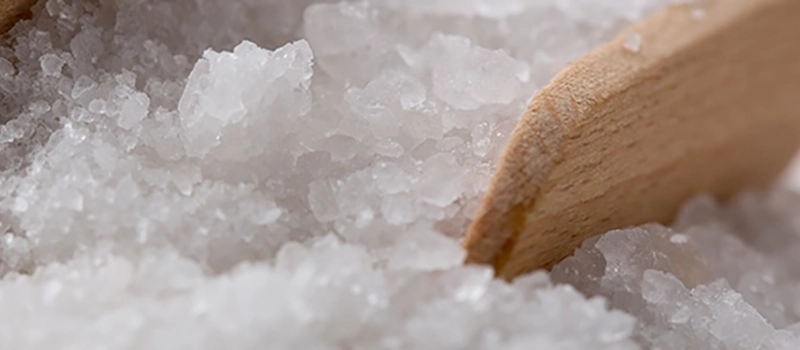
Spelling out how many cells you have in your entire body would tedious, so, we’ll just tell you that it’s a mammoth number and that they all serve a purpose in ensuring your physiological self is working as it should. The thyroid gland in your neck doesn’t get the same fanfare that other major organs do, but among its many contributions to health regulating proper cell function. Iodine deficiency is the standard cause of hypothyroidism – where the gland doesn’t produce enough hormone – and it can also contribute to hyperthyroidism. Armor Thyroid is an effective hypothyroidism treatment medication.
Hyperthyroidism is the opposite condition, where you are producing too much thyroid hormone. That’s all we’ll say about the difference and instead we’re going to focus on how iodine deficiency promotes worsening hypotension. When people eat a diet that doesn’t provide them with enough iodine rich foods, then that can promote the thyroid gland to slow and not make enough. Chronically dehydrated individuals are at increased risk.
Keep in mind that the body doesn’t produce iodine on its own, and it needs to be ingested via diet or a supplement. Most people get the right amount from what they eat and often from iodized salt, but some people may not be able to absorb it as readily for many different reasons.
Let’s look at iodine deficiency and the way it contributes to hypothyroidism, as well as what you might also consider doing to improve thyroid function.
A poorly functioning thyroid gland can be difficult to identify for people, and often it is only when hypothyroid symptoms become pronounced that the individual seeks medical help. It can be hidden in more everyday conditions that are very common, and not as much of a cause for concern. Many people get constipation simply based on dietary choices they make. But if it’s starting to happen more regularly and you have dry skin, then more often then not it may be due to decreased thyroid gland function.
Also, on our hyperthyroidism symptoms checklist are:
constantly feeling cold
hair loss
getting tired more easily
being more forgetful
The last one there is interesting, because that’s something that happens naturally when people get older. Hypothyroidism is caused by iodine deficiency, but it can be caused by autoimmune diseases too and Hashimoto’s disease. People who will get this disease will usually be between 40 and 60, and towards the end of that time frame is the exact time people start to say their memory is going.
Rheumatoid arthritis and Type 1 diabetes can also increase the chance of developing Hashimoto’s which may then combine with iodine deficiency to lead to hypothyroidism. It begins to be easy to see how a combination of factors can lead people to start to have an underactive thyroid but dismissing the symptoms by attributing them to their age or a pre-existing condition.
Hypothyroid treatment medications like Armor Thyroid work well and doctors will often give a prescription for recently diagnosed patients. TSH is thyroid stimulating hormone, and Armor Thyroid is a synthetic re-creation of the hormone that makes up for the lack of it caused by iodine deficiency or another cause of hypothyroidism. Synthroid is among the most prescribed medications in America, and it is also a synthetic thyroid hormone medication. Comparing Synthroid to Armor Thyroid finds that Armor is better for patients with reverse T3.
Using one of these medications while eating differently is the best way to treat hypothyroidism, and foods that are good for hypothyroidism are the ones that address iodine deficiency. For starters, a higher protein diet may increase metabolic rate. Higher protein diets have positive effects for gland function, which includes the thyroid gland. A good hypothyroidism diet is going to be one where you have access to lots of fresh seafood because of all the natural iodine in it, but that is not as possible for some people in some areas.
Here’s a list of minerals and the types of readily available foods that can provide them:
Selenium - Brazil nuts, tuna, sardines, eggs, and legumes
Zinc - oysters and other shellfish, beef, and chicken
Goitrogens - tofu, tempeh, edamame, cabbage, broccoli, kale, cauliflower, spinach, sweet potatoes, cassava, peaches, strawberries, millet, pine nuts, and peanuts
Eating more fresh fruit than you are now may be a good idea too, and while dairy should only be eaten in moderation for most people it is also a way to address iodine deficiency. And if you like sushi or kimbap, then the seaweed that it is often wrapped in is also rich with iodine.